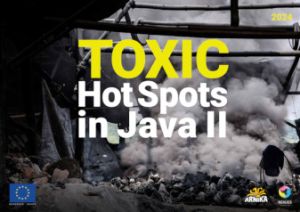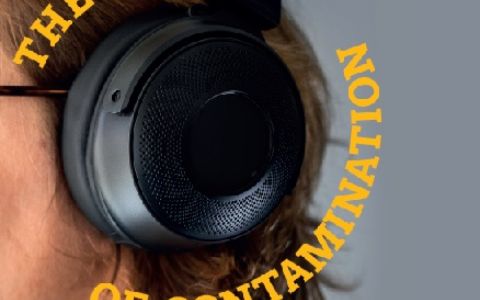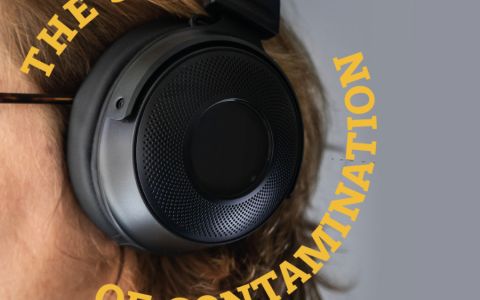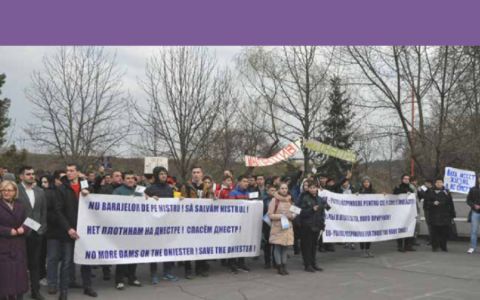Waste management has become one of the major challenges in countries of Southeast Asia, including Indonesia. Therefore, we selected sites specifically affected by plastic waste as the localities studied for their toxic pollution in our research conducted under the joint Arnika/Nexus3 project “Transparent Pollution Control in Indonesia”. Results of our research are intended, among other things, to demonstrate the connections between national or global legislative instruments and local problems, and to explore what solutions they can offer. National instruments include Pollutant Release and Transfer Registers, which allow for a more comprehensive view of pollution sources in the country. Global conventions addressing waste and chemicals are also linked to toxic pollution, including the newly prepared global convention on plastics.
As previous research has shown, significant sources of pollution with toxic substances in Indonesia include small and medium-sized enterprises (SMEs), such as small aluminum smelters in Kendalsari, tofu factories in Tropodo, and lime kilns in Karawang. The latter two facilities are also related to the global problem of plastic pollution, as they use plastic waste as fuel, leading to emissions of toxic substances. All three are also related to the implementation of the Stockholm Convention on Persistent Organic Pollutants (POPs).
This report was prepared and published as part of the "Transparent Pollution Control In Indonesia" project funded by the European Union (EU) and co-funded by the Ministry of Foreign Affairs of the Czech Republic within the Transition Promotion Program and the Sigrid Rausing Trust. Its content is the sole responsibility of Arnika and Nexus3 Foundation and does not necessarily reflect the views of the donors.







